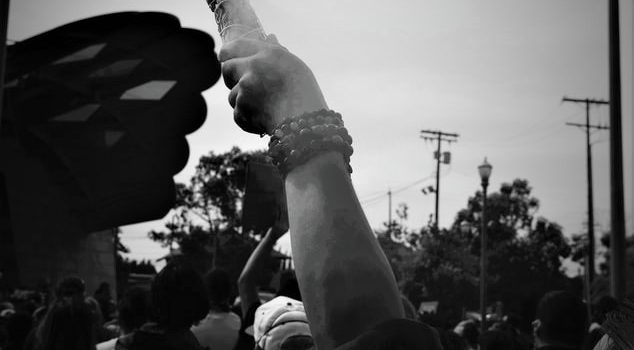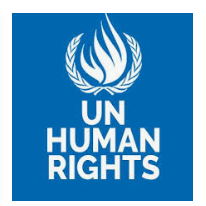Please join the American Indian Law Program and guest speakers Matthew Fletcher and Wenona Singel for a talk on the Indian Child Welfare Act, the petitions challenging the Act currently pending before the Supreme Court of the United States, and the potential ramifications for American
An Introduction to Climate Change and Its Impacts on Indigenous Peoples – Tulane Environmental Law Journal
Karuk Climate Adaptation Plan
USDA – Restoring California Black Oak Ecosystems to Promote Tribal Values and Wildlife
Policing and Human Rights – Native American Rights Fund and University of Colorado Law School Project Condemn Killings and Call for Law Reform to Address Police Brutality and Racism

June 3, 2020 In response to recent incidents of police brutality and racism in the United States, the Project to Implement the UN Declaration on the Rights of Indigenous Peoples expresses its solidarity with African Americans and other people of
Panel Highlights Pandemia and Indigenous Communities: the meaning of COVID-19 for the Rights of Indigenous Peoples in Abya Yala
On May 27, 2020, the Promise Institute for Human Rights brought together experts for a virtual panel discussing the meaning of COVID-19 for the rights of indigenous peoples in Abya Yala. The panel was organized and moderated by Joseph Berra,
Traditional Jurisprudence and Protection of Our Society: A Jurisgenerative Tail
Traditional jurisprudence must be a foundation of the current international indigenous rights efforts regarding sacred sites and artifacts, religious practices, and culture. If Indian advocates are unable to articulate what we believe and the nature of the society being destroyed,
EMRIP Study on Indigenous Languages

This study outlines international and regional standards on indigenous peoples’ rights to language and culture, describes the relationship between indigenous cultures and languages to their self-determination and rights to their lands, territories and resources and analyses indigenous peoples’ languages and
Tribal Technology Assessment: The State of Internet Service on Tribal Lands
Access to high-speed Internet service has become an essential component to the nation’s economy, education, and healthcare. However, federal data continues to show tribal lands are the least connected areas of the country. AIPI launched a survey to collect information
The Politics of Inclusion: Indigenous Peoples and U.S. Citizenship
This Article explores the dynamics of U.S. citizenship and indigenous self-determination to see whether, and how, the two concepts are in tension and how they can be reconciled. The Article explores the four historical frames of citizenship for indigenous peoples
